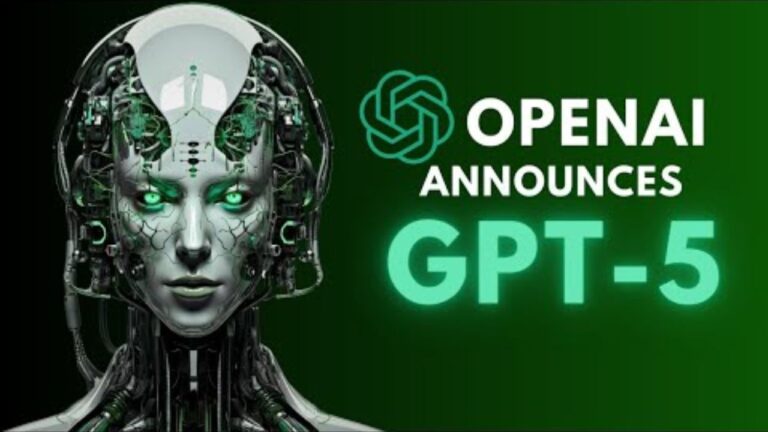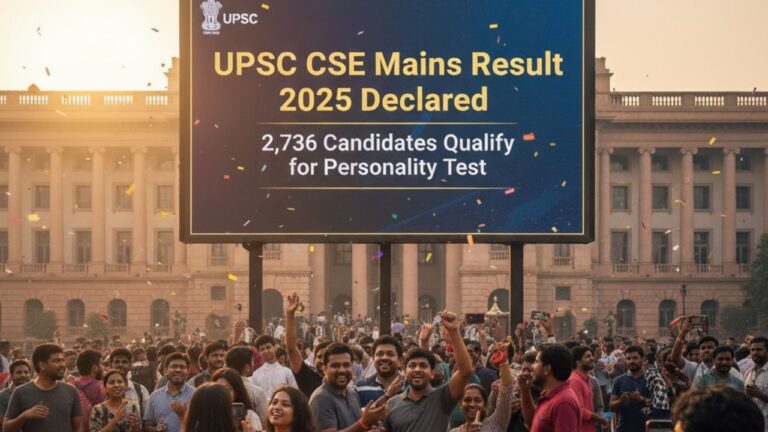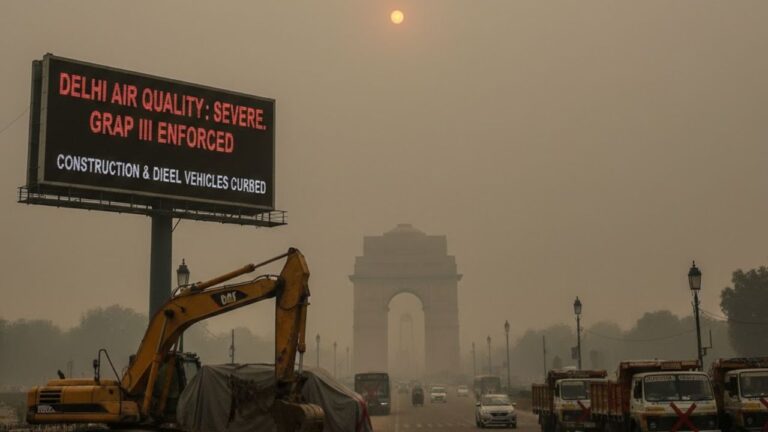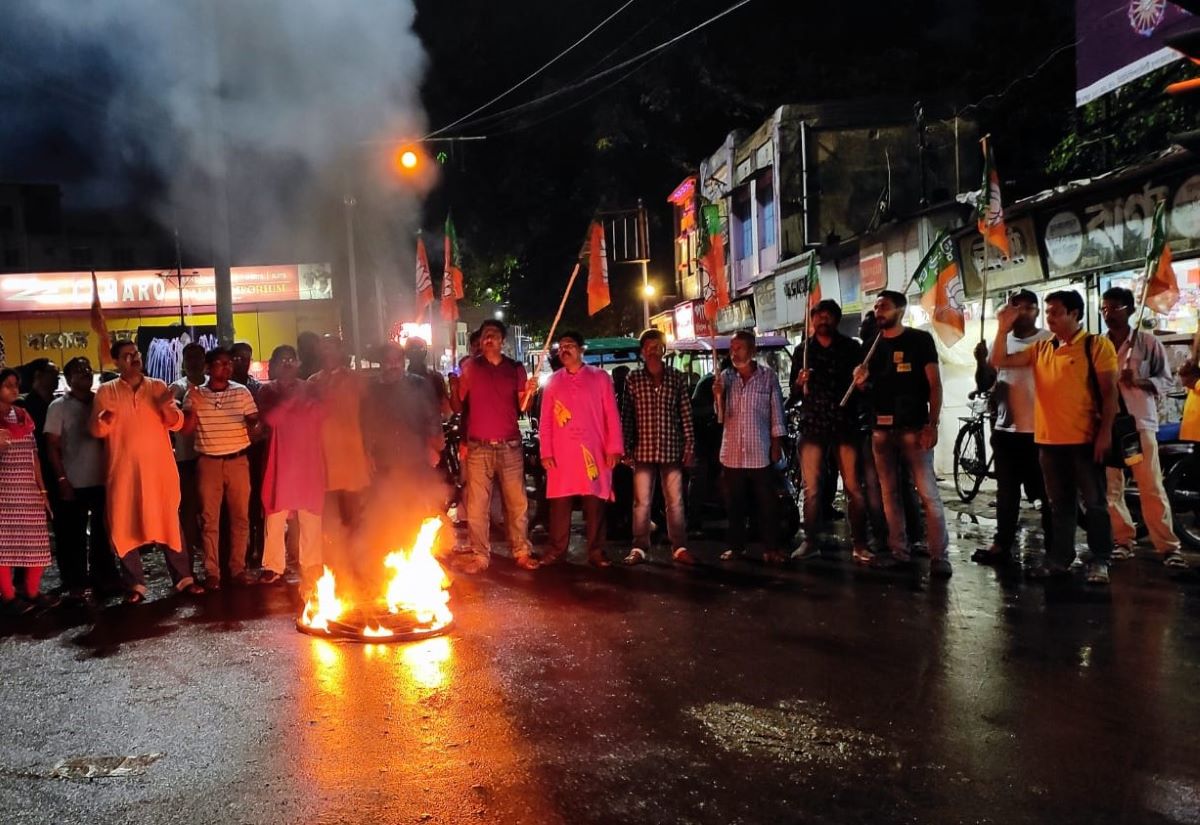
West Bengal Panchayat Election 2023: Violence Erupts, 16 Dead Amidst Allegations of Strong-Arm Tactics (Photo Source: @DrUjjalMajumde2)
Violence and chaos marred the panchayat election in West Bengal on July 8, defying the expectations of a free and fair democratic process. The day of the election witnessed a series of violent incidents, resulting in the loss of at least 16 lives across seven districts. Murshidabad, North Dinajpur, and Coochbehar were the districts most affected by the violence.
Prior to the election day, the night before, four individuals, including party workers from Congress and Trinamool, were tragically murdered. As the polling began at 7 am, clashes erupted between activists representing various political parties, including Trinamool Congress, Bharatiya Janata Party (BJP), Communist Party of India (Marxist), Congress, and independent candidates.
Rampant rigging took place openly in front of the police and presiding officers. Ballot boxes were stolen, destroyed, and set on fire. Instances were reported where miscreants forcibly put stamps on the symbol of a specific political party.
By midday, the death toll had reached six, and by the end of the day, it had risen to at least 12, with seven fatalities from the ruling party alone. Shockingly, more than 30 people had lost their lives during the entire election process, spanning the nomination phase to the day of the election.
Despite the State Election Commission’s requisition of 822 companies of central forces for the election, only 649 arrived, leaving the violence largely unchecked. Polling booths were vandalized, officers were attacked, voters were intimidated, and even the police became targets. The absence of central forces and the perceived helplessness of the police fueled widespread criticism.
In response to the escalating violence, the State Election Commissioner, Rajiva Sinha, emphasized that stopping violence is primarily the responsibility of those in charge at the district level. He defended the arrangements made by the Election Commission and stated that predicting and preventing every act of violence is challenging.
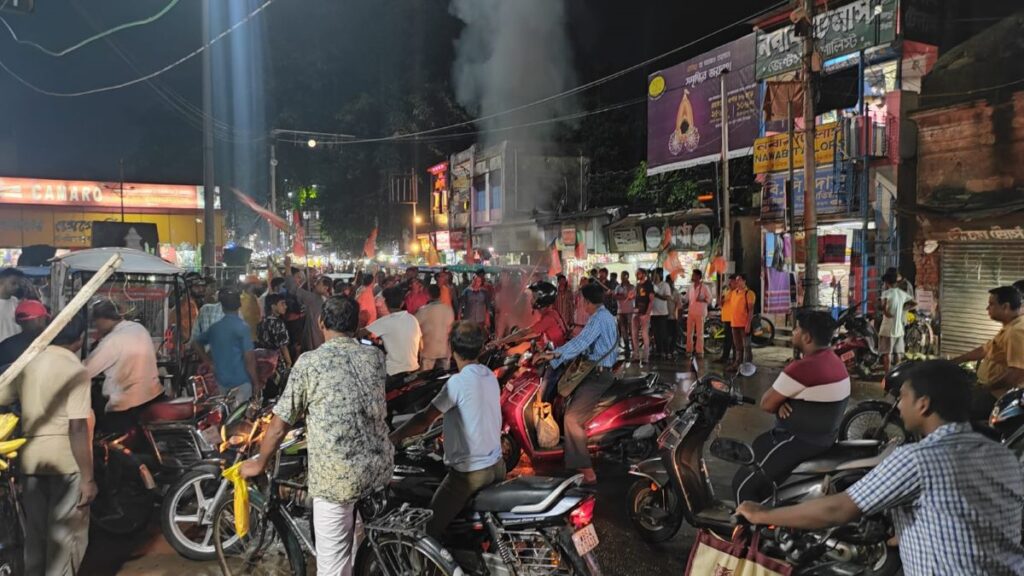
The Opposition leader in the West Bengal Assembly, Suvendu Adhikari, called for the implementation of President’s Rule in the state, seeking intervention from the central government. The ruling Trinamool Congress government faced significant criticism as the violence highlighted the deteriorating law and order situation in West Bengal. Cabinet Minister Shashi Panja denied allegations against the government and suggested a conspiracy by opposition parties to instigate and provoke the ruling party.
The widespread violence and election rigging have become a significant embarrassment for the Trinamool Congress, which is attempting to improve its image before the 2024 Lok Sabha polls. The Trinamool’s alleged excesses during the 2018 rural election led to a setback in the 2019 Lok Sabha election, where the BJP made substantial gains in the state.
The results of the panchayat election are expected to be announced on July 11. Regardless of the outcome, the ruling party should be concerned about the long-term consequences of the violent events that have unfolded over the past month since the election was announced.
Update: Further reports indicate that one person was found dead in Kultali after clashes between two groups. The individual’s identity is yet to be determined. The violence during the panchayat polls in West Bengal has caused significant loss of life, with casualties reported across multiple districts, raising serious concerns about the strong-arm tactics employed during the election process.
The State Election Commissioner has assured that complaints of vote tampering will be thoroughly investigated, and a decision on possible re-polling will be made based on the reports from observers and returning officers.
